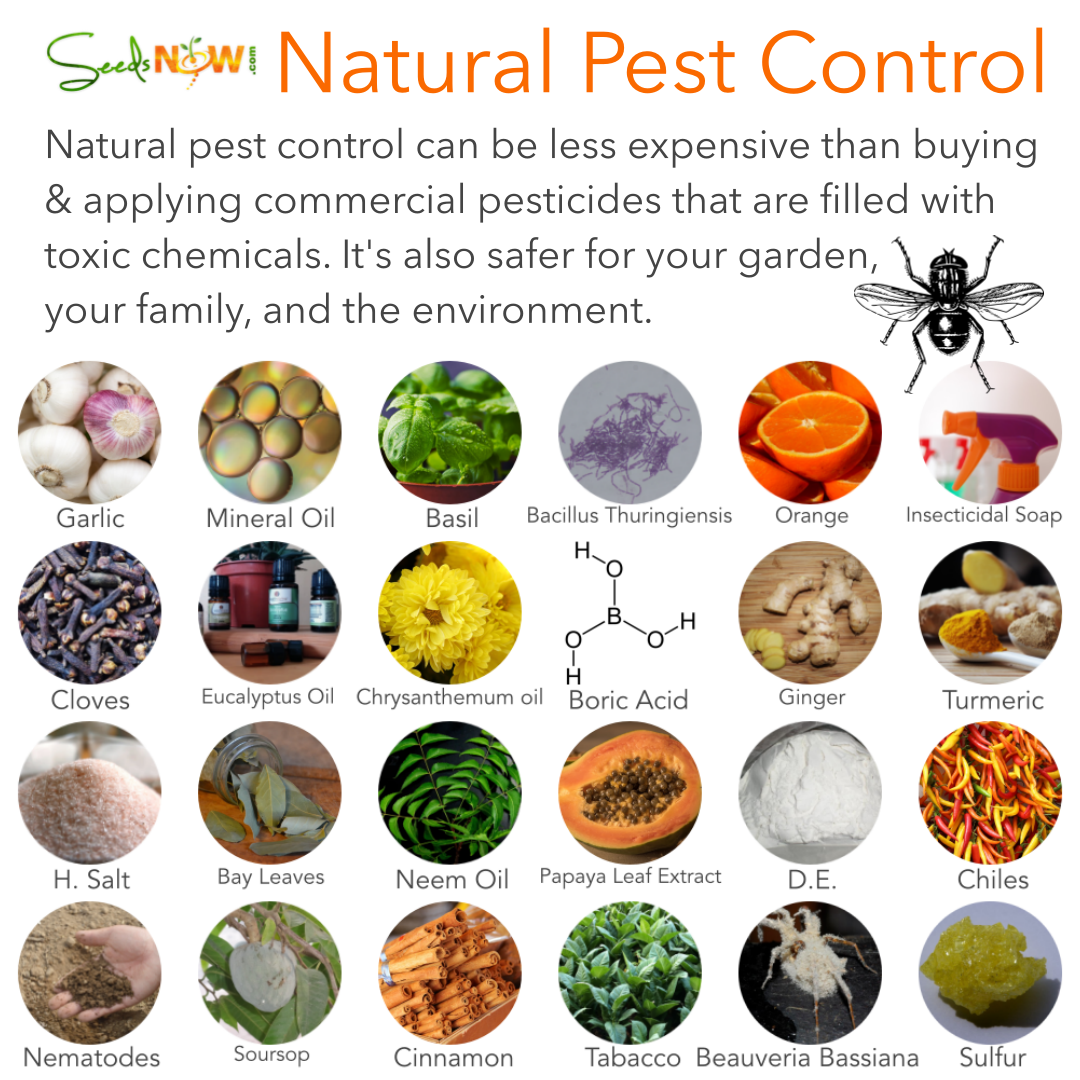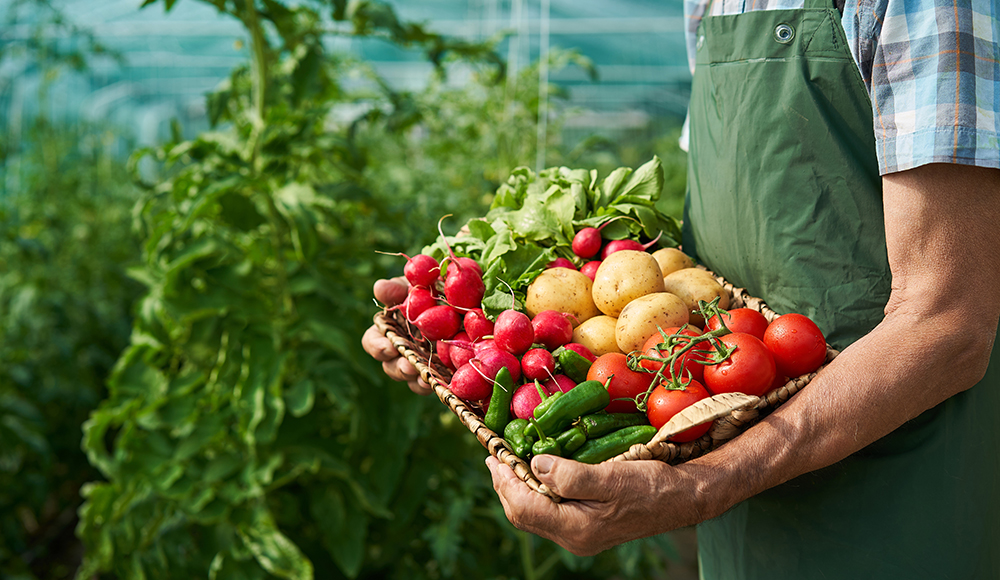Best Organic Pesticides for Healthy Gardens: Your Guide to Natural Pest Control

Imagine this: you've spent countless hours nurturing your garden, only to find it ravaged by pests. It's a heartbreaking sight, isn't it? But before you reach for that chemical spray, consider this—what if you could protect your garden without harming the environment or your health? Welcome to the world of organic pesticides, where natural pest control meets eco-friendly gardening. Let's dive in!
The Importance of Organic Pesticides in Gardening
Organic gardening is more than just a trend; it's a responsible choice. By opting for safe insecticides, you're not only protecting your plants but also the beneficial insects, birds, and soil microbes that contribute to a healthy ecosystem. Plus, you're reducing your exposure to potentially harmful chemicals. It's a win-win!
Understanding Organic Pesticides
Organic pesticides are derived from natural sources like plants, minerals, and bacteria. They work in various ways, from repelling pests to disrupting their life cycles. Let's explore some of the best organic pesticides for a healthy garden.
Neem Oil: The All-Rounder

Neem oil, extracted from the seeds of the neem tree, is a powerhouse in the world of natural pest control. It contains azadirachtin, a compound that disrupts the life cycle of insects, preventing them from growing and reproducing. Neem oil is effective against a wide range of pests, from aphids to whiteflies. Plus, it's biodegradable and non-toxic to birds, mammals, and beneficial insects.
Diatomaceous Earth: The Microscopic Killer
Diatomaceous earth (DE) is a fine powder made from the fossilized remains of tiny aquatic organisms called diatoms. To us, it feels like a soft powder, but to insects, it's a deadly field of microscopic shards. DE works by physically damaging the pests' exoskeletons, causing them to dehydrate and die. It's particularly effective against crawling insects like ants, slugs, and beetles.
Insecticidal Soap: The Fatty Acid Blast
Insecticidal soap is a simple yet effective solution for soft-bodied pests like aphids, mites, and whiteflies. The fatty acids in the soap penetrate the pests' outer shell, causing them to dehydrate and die. It's a great option for those looking for a non-toxic, eco-friendly solution.
Bacillus Thuringiensis: The Bacterial Warrior
Bacillus thuringiensis (Bt) is a naturally occurring bacterium that produces proteins toxic to certain insects. Different strains of Bt target specific pests, making it a highly selective organic pesticide. It's particularly effective against caterpillars and is safe for beneficial insects, birds, and mammals.
Pyrethrin: The Flower Power
Pyrethrin is derived from chrysanthemum flowers and works by attacking the nervous system of insects. It's effective against a wide range of pests, from aphids to caterpillars. While pyrethrin is a potent insecticide, it breaks down quickly in sunlight, reducing its environmental impact.
How to Choose the Right Organic Pesticide
Choosing the right organic pesticide can seem daunting, but it's all about understanding your garden's needs. Here are some factors to consider:
- Target Pest: Different pesticides target different pests. Identify the pest before choosing your weapon.
- Plant Type: Some plants are more sensitive than others. Always check if the pesticide is suitable for your plant.
- Environmental Impact: Consider the impact on beneficial insects, birds, and soil microbes.
Application Tips for Organic Pesticides
Using organic pesticides effectively is about more than just spraying and forgetting. Here are some tips to maximize their effectiveness:
- Timing: Many organic pesticides work best when applied at specific times, such as early morning or late evening.
- Coverage: Ensure thorough coverage, including the undersides of leaves where pests often hide.
- Rotation: Pests can develop resistance to pesticides. Rotate different types to keep them guessing.
- Storage: Store your pesticides properly to maintain their effectiveness. Always follow the manufacturer's guidelines.
The Role of Beneficial Insects in Organic Gardening
Organic gardening isn't just about what you spray; it's also about who you invite to the party. Beneficial insects like ladybugs, lacewings, and praying mantises are nature's pest control. They feed on common garden pests, helping to keep populations under control. Attract them to your garden with companion plants and a chemical-free environment.

Conclusion: Embrace the Power of Nature
Organic pesticides offer a safe, eco-friendly way to protect your garden from pests. From neem oil to Bt, there's a natural solution for every gardening woe. So, why not embrace the power of nature? Your garden, and the environment, will thank you.
Happy gardening! Remember, every garden is a journey, and every pest is a challenge waiting to be overcome. With the right tools and knowledge, you're well on your way to a thriving, eco-friendly garden.
FAQs
Are organic pesticides safe for pets and children? Yes, when used as directed, organic pesticides are generally safe for pets and children. However, it's always a good idea to keep them out of reach and follow safety guidelines.
Can I make my own organic pesticides? Absolutely! Many organic pesticides can be made at home using common ingredients. For example, a simple mixture of dish soap and water can be an effective insecticidal soap.
How often should I apply organic pesticides? This depends on the type of pesticide and the pest you're targeting. Always follow the manufacturer's guidelines for the best results.
What if organic pesticides don't work? If organic pesticides aren't working, consider factors like timing, coverage, and pest identification. It may also be a sign that you need to try a different type of pesticide or approach.
Where can I buy organic pesticides? Organic pesticides are widely available at garden centers, home improvement stores, and online retailers. Always choose products from reputable brands to ensure quality and effectiveness.
For further reading, check out these resources:
0 Response to "Best Organic Pesticides for Healthy Gardens: Your Guide to Natural Pest Control"
Post a Comment